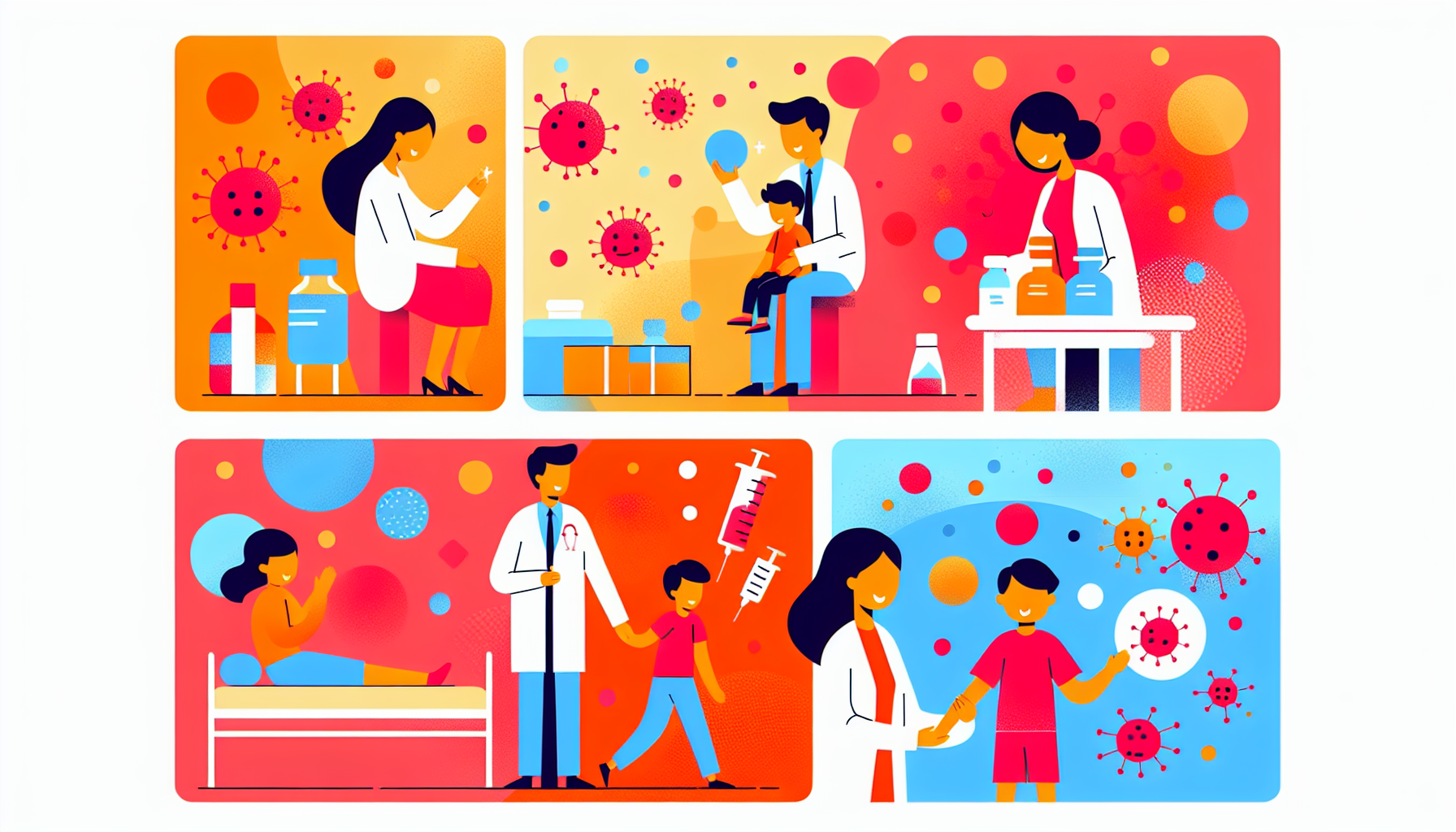Utah Becomes the First State to Let AI Handle Prescription Refills
Utah just made history: it's the first US state to let an AI system renew prescriptions on its own. The program covers people who are already taking medications for [...]
Read More
Medically reviewed by Jerome Albert Ecker | MD, Assistant Professor of Medicine, Duke University - Durham, NC on November 13th, 2023.
Chickenpox is a highly contagious viral infection caused by the varicella-zoster virus. It primarily affects children but can also occur in adults. The most recognizable symptom of chickenpox is an itchy rash that develops into fluid-filled blisters, which eventually crust over and heal.
Chickenpox is caused by the varicella-zoster virus, which spreads easily from person to person. You can contract the virus by touching the rash or fluid from the blisters of an infected person, or by breathing in droplets when an infected person coughs or sneezes. According to the Centers for Disease Control and Prevention (CDC), a person with chickenpox is contagious from 1 to 2 days before the rash appears until all the blisters have dried and crusted over.
The symptoms of chickenpox usually appear within 10 to 21 days after exposure to the virus. Initial symptoms may include:
Fever
Fatigue
Loss of appetite
Headache
Within a day or two, the characteristic chickenpox rash develops. The rash progresses through three stages:
Raised, itchy bumps (papules)
Fluid-filled blisters (vesicles)
Crusted, scabbed lesions
Chickenpox symptoms typically last 4-7 days.

Doctors can usually diagnose chickenpox by examining the characteristic rash. If there is any doubt, they may perform a laboratory test. Since chickenpox is highly contagious, it's important to call your doctor before visiting their office to avoid spreading the virus to others.
Treatment for chickenpox primarily focuses on relieving symptoms and preventing complications. Over-the-counter medications like acetaminophen can help reduce fever and alleviate pain. Avoid giving aspirin to children with chickenpox, as it can lead to a serious condition called Reye's syndrome.
In some cases, doctors may prescribe antiviral medications like acyclovir to help reduce the severity of symptoms, especially for individuals at high risk of complications.
To help relieve symptoms at home, you can try the following:
Take lukewarm baths with colloidal oatmeal or baking soda
Apply calamine lotion to itchy areas
Take oral antihistamines to help with itching
Get plenty of rest and stay hydrated
The most effective way to prevent chickenpox is through vaccination. The CDC recommends that children receive two doses of the varicella vaccine, with the first dose administered at 12-15 months of age and the second dose between 4-6 years of age. People over 13 years old who have never had chickenpox or been vaccinated should receive two doses of the vaccine at least 28 days apart.
If you have had chickenpox, the virus remains dormant in your body and can reactivate later in life, causing shingles. A vaccine called Shingrix is available to help prevent shingles in adults 50 years and older.
While most cases of chickenpox are mild and resolve on their own, it's important to seek medical attention if you or your child experience any of the following symptoms:
The rash spreads to the eyes
The rash becomes very red, warm, or tender (indicating a possible bacterial skin infection)
Difficulty breathing or a severe cough
Fever lasting more than four days or exceeding 102°F (38.9°C)
Signs of dehydration
Confusion or difficulty waking up
By understanding the causes, symptoms, treatment options, and prevention methods for chickenpox, you can help protect yourself and your loved ones from this contagious viral infection.
Two doses of the varicella vaccine provide excellent protection, while unvaccinated individuals should seek medical attention if exposed, especially adults and those with compromised immunity. Most cases resolve with supportive care, but proper isolation prevents community spread. If you're concerned about exposure or managing symptoms, Doctronic can provide quick guidance on next steps.
Utah just made history: it's the first US state to let an AI system renew prescriptions on its own. The program covers people who are already taking medications for [...]
Read MoreUnderstanding Mounjaro and Its UsesMounjaro is a prescription medication commonly prescribed for managing type 2 diabetes. It belongs to a class of drugs that help regulate [...]
Read MoreUnderstanding Hydrocortisone Uses and DosagesHydrocortisone is a versatile medication primarily used to reduce inflammation and suppress the immune system in various [...]
Read More